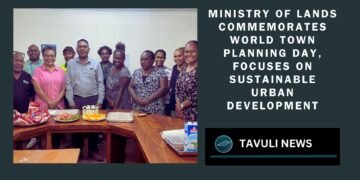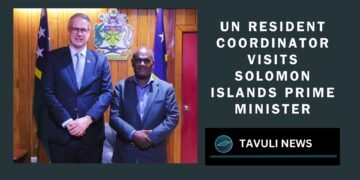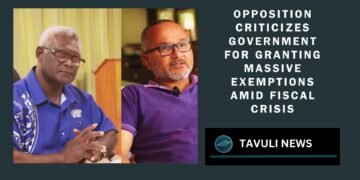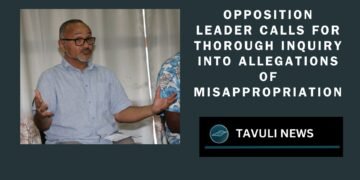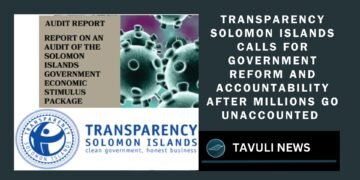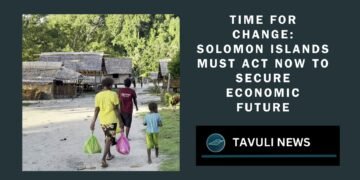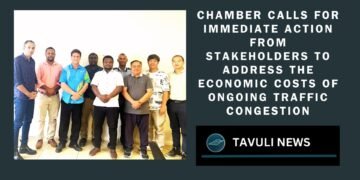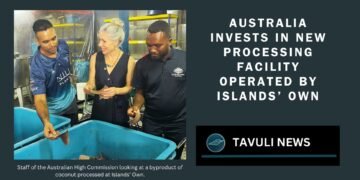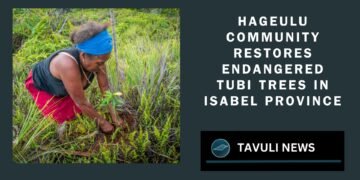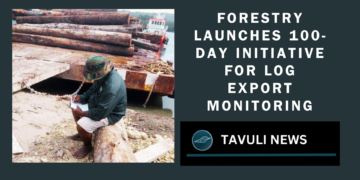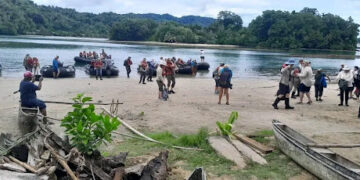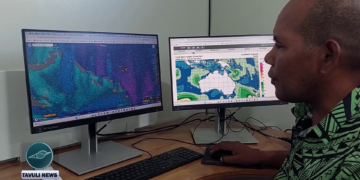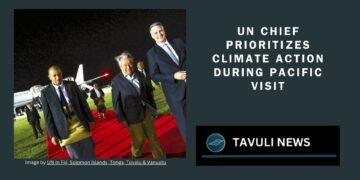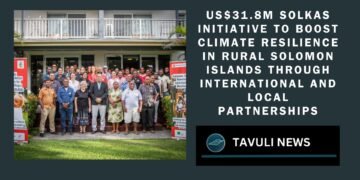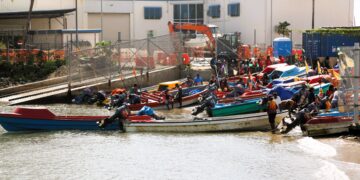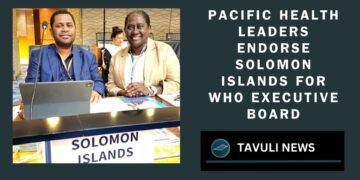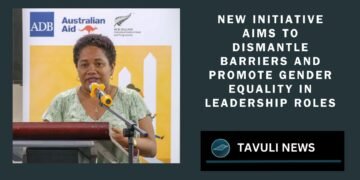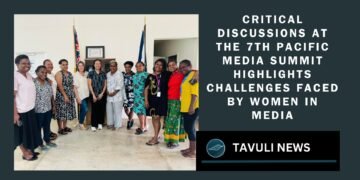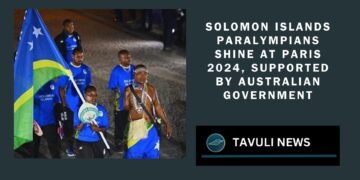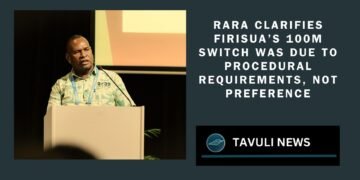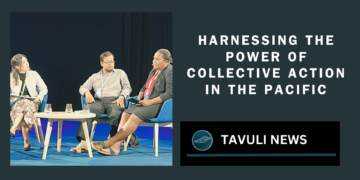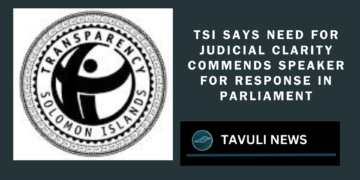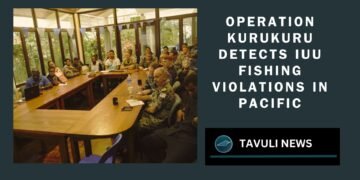Tuvalu’s Prime Minister Emphasizes Gender-Based Violence Prevention as a National Priority in Recent Summit
By Netani Rika – Majuro, Marshall Islands
AN alarming increase in gender-based violence has forced a tiny Pacific nation to take drastic steps to build institutional capacity and coordinate services. Tuvalu Prime Minister, Feleti Teo, said the prevention of gender-based violence and enhancement of services for survivors was a national priority. “The Tuvalu Multiple Indicator Cluster Survey 2019-2020 revealed the alarming scope of domestic violence, showing that 44 per cent of women in Tuvalu have experienced violence perpetrated by an intimate partner,’’ Teo said at the 8 th Meeting of Pacific Ministers for Women.
“This stark reality prompted us to prioritize the prevention of GBV and the enhancement of services for survivors in the 2024 Tuvalu Gender Equity Policy.’’
Teo said Tuvalu’s response was to establish the GBV task force in 2023 to build institutional capacities and coordinate services. The task force, comprising two first
responders’ agencies, developed a capacity-building strategy with a comprehensive referral pathway.
“Change is happening in Tuvalu, but there is still much work to be done to shift mentalities and practices,’’ he said. “My government is committed to ensuring that women and girls in all their diversity enjoy their human rights and benefit fairly and equally from development outcomes.’’ He commended civil society organizations, Fatu Lei, and the Tuvalu Family Health Association, for leading capacity-building efforts for counselling, with support from the Fiji Women’s Crisis Center and the International Planned Parenthood Federation.
“Additionally, UNFPA delivered training for medical professionals in May, and the Gender Affairs Department and the Office of the Judiciary conducted training for
magistrates last month in June,” Teo said. Tuvalu’s whole of government approach to tackle gender-based violence approach involved up to 10 government departments and civil society organizations worked together to implement comprehensive programs to reach a broad audience.
Marches and sports tournaments were organized to engage youth and the community, while school programmes ensured that students learned about gender-based violence and gender equality. “This multifaceted approach has been highly effective, reaching thousands across different age groups and sectors, breaking the silence, and fostering reflection among leaders about the prevalence of violence in our homes,” Teo said.
Looking to the future, Teo said Tuvalu aimed to empower women through dialogue and capacity-building initiatives, apply human rights and survivor-centred approaches, and build peaceful families. “The promotion of inclusivity in government policies, legislation and infrastructural development to cater for youth, women, and people with special needs is among the 20 priorities set by our government.’’ Teo was the only Prime Minister who attended the week-long summit.
The triennial conference was held from 22 – 24 July, followed by the 8th Meeting of Pacific Ministers for Women on 25 July and the Pacific Islands Forum Women Leaders Meeting on 26 July.
*Netani Rika is a veteran Pacific journalist.




